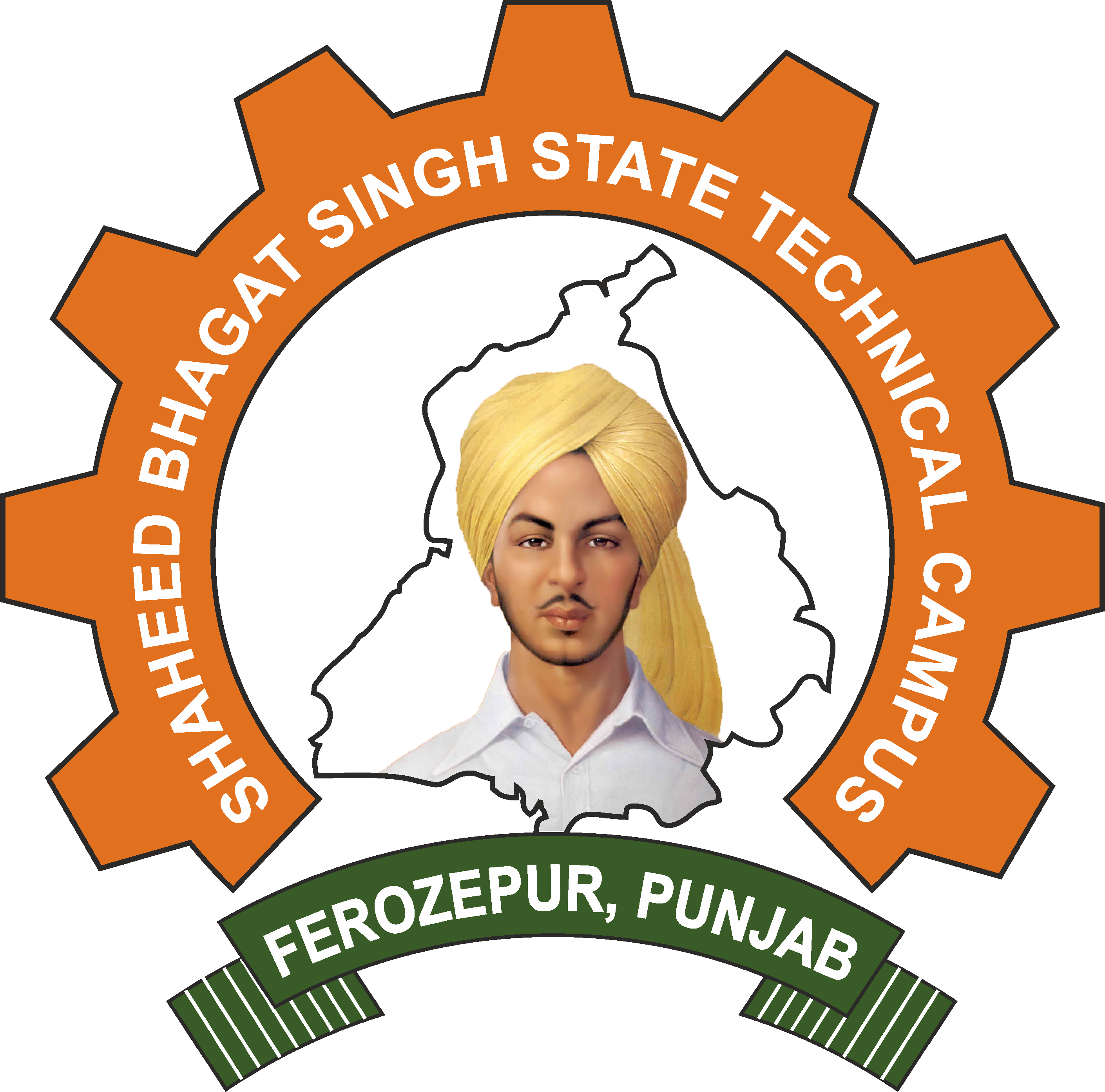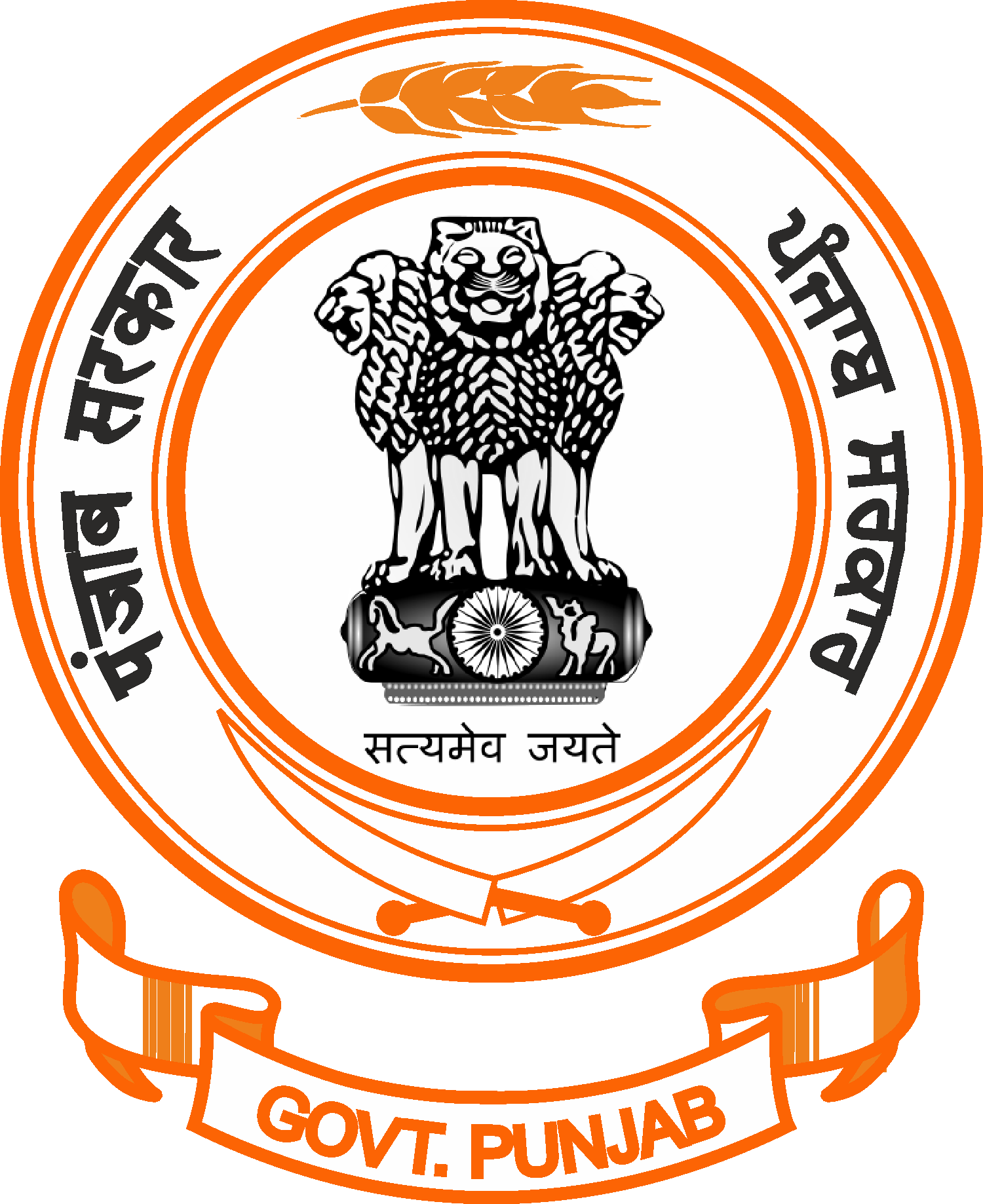Department of Electronics & Comm. Engineering
| Department & Head | Faculty Profiles | Laboratories | Funded Reseach | Student Society | PO & PSO |
Department & Head
| SBS STC Ferozepur is running B.Tech. degree course in Electronics & Comm. Engineering since 2002 with intake of 40 students. This intake has been increased to 60 in 2003 and 90 in 2006. In 2010, departments has started full-time M.Tech. course with an intake of 18. Experienced, qualified, and research oriented faculty members of the department are always busy in inculcating technical skills among students. All faculty members are having Post Graduate degrees and they moving towards Doctoral Degrees from various universities. | Dr. Vishal Sharma(HOD ECE) |
Department of Electronics & Communication Engineering is being headed by Dr. Vishal Sharma |
Vision |
|
| To be identified as a preferred destination for professional studies responsive to industrial and societal needs of the country. | |
Mission |
|
|
|
Programme Educational Objectives |
|
| The educational objectives of the undergraduate programme of Electronics & Communication Engineering at SBSSTC Ferozepur are: | |
|
|
Programme Outcomes | |
| Engineering graduates will be able to: |
|
Official Address:
Director
Shaheed Bhagat Singh State Technical Campus
Moga Road (NH-95), Ferozepur-152004 (Punjab) India
☎ +91-1632-242138 [Fax], 91-8288-012050 [Phone]
Email: director@sbsstc.ac.in
Copyright © 2015 - All Rights Reserved. |


